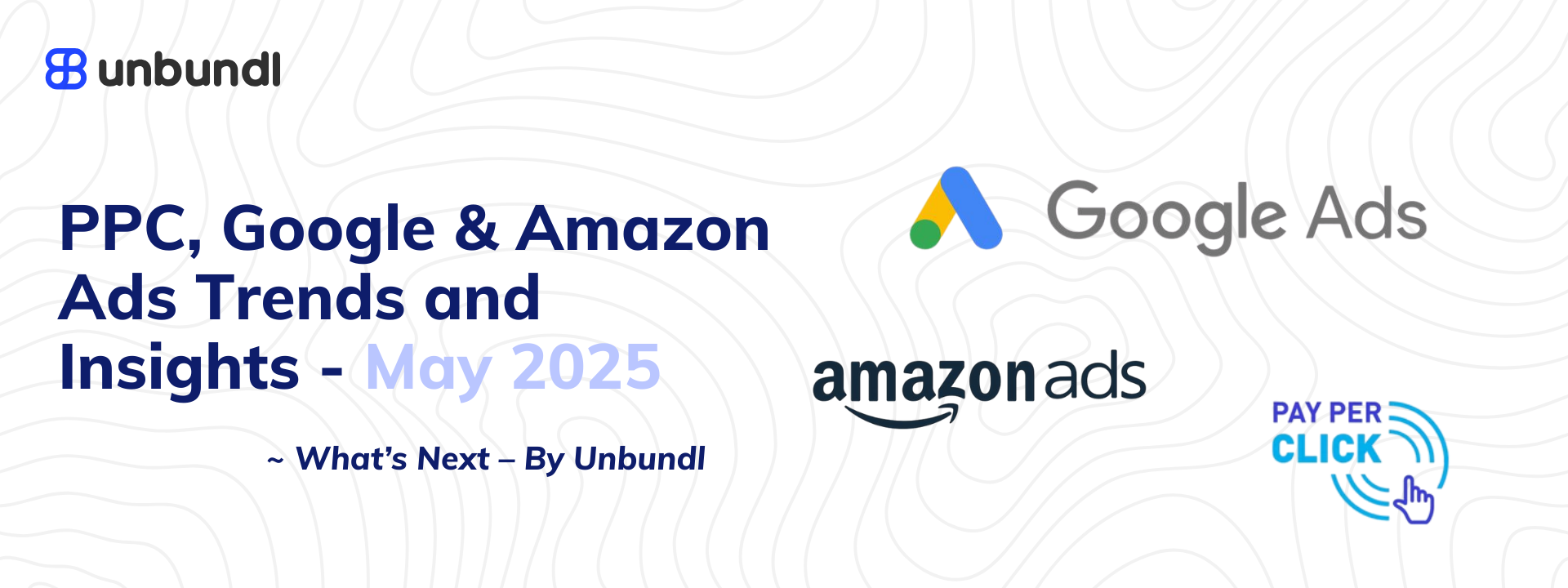-
Google rolls out “Ads funded by” labels in Search results to enhance ad transparency.
-
The new feature is live in Google’s My Ad Center under the Ads Transparency section.
-
It displays the payment profile name as the ad’s funder, visible to all users.
-
First spotted by Anthony Higman, CEO of ADSQUIRE, and shared on LinkedIn.
-
This move aims to build user trust by exposing who’s really behind the ads.
-
Advertisers must now align payment profiles with branding strategies to avoid confusion.
-
The update limits the ability to hide agency-client or parent company relationships.
The Fall of Search Ads — Shopping Ads’ Rise to Power
-
Ecommerce search ads are seeing a significant decline as Google ramps up Shopping campaigns.
-
Traditional search ads are losing visibility and impact in search results.
-
Shopping ads now dominate prime real estate, capturing more attention and clicks.
-
Ecommerce brands must adapt quickly or risk losing returns by relying solely on search ads.
-
Industry experts advise diversifying ad strategies to stay competitive in the evolving landscape.
-
Failure to adjust could leave brands trailing behind in a fiercely competitive digital marketplace.
Google Launches Tag Gateway to Improve Ad Performance and Data Accuracy
Google has begun rolling out the Tag Gateway for Advertisers, a new feature designed to enhance conversion tracking, strengthen first-party data, and boost Google Ads performance. The gateway allows tags to run directly through an advertiser’s infrastructure (CDNs or servers), improving signal accuracy and enabling better bidding and campaign optimisation. Early results show an 11% increase in signal quality. With confidential computing enabled by default, the gateway also enhances user privacy and data control. Setup requires no re-tagging and is supported by a one-click integration with Cloudflare, with more partners to follow.
PPC News: New Data Shows “Average” Ad Strength Beats “Excellent” in Google Ads
A new analysis by PPC expert Matt Bowen challenges Google’s best practices for ad strength in responsive search ads. Despite Google’s recommendation to avoid pinning headlines and aim for an “Excellent” rating, data from over 3,600 non-brand campaigns reveals a surprising trend: ads rated “Average” or “Good” often outperform “Excellent” ones. Advertisers like Nike and Best Buy continue to pin keyword-rich headlines for better relevance and lower CPCs. The report urges marketers to prioritize performance over perfection and rely on data, not just Google's automation.
Google Unveils AI-Powered 3D Visuals for Online Shopping
Google has introduced a breakthrough in e-commerce with generative AI that transforms 2D product images into high-quality 3D visualizations using just three photos. Evolving from Neural Radiance Fields (NeRFs) to view-conditioned diffusion models, Google now leverages its latest video model, Veo, to create realistic 360° spins across diverse products like shoes, electronics, and furniture. This technology enhances the online shopping experience by making it more interactive and lifelike, bridging the gap between digital and in-store browsing.
